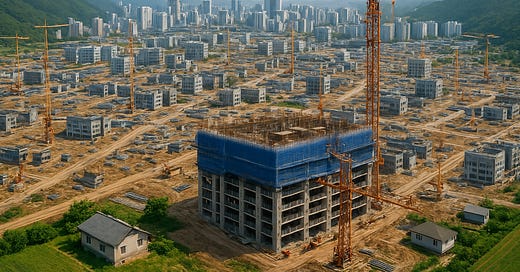Analysis: Presidential candidates raise South Korea’s capital relocation proposal
Current calls by presidential candidates appear more symbolic than strategic, aiming to capture attention in Chungcheong constituencies rather than initiate a genuine legislative process.
Significance. The proposed relocation of South Korea’s National Assembly and presidential office from Seoul to Sejong has re-emerged as a campaign issue ahead of the presidential election. Advocates frame the move as a step toward resolving administrative inefficiency and easing regional imbalance.
The proposal carries high political, institutional, and logistical costs. These obstacles are particularly relevant to foreign governments and diplomats, as any such shift would affect the organization of Korea’s diplomatic corps and alter the geography of official state engagements. While long-term interest in capital relocation persists across party lines, the lack of consensus and legal hurdles—including potential constitutional challenges—make progress highly unlikely in the short term.
As presidential candidates continue to use the issue rhetorically, the topic will remain politically salient without translating into concrete action. Understanding its implications requires attention to institutional inertia and diplomatic infrastructure tied to Seoul’s existing role as the administrative, political, and diplomatic hub.
Analysis. The idea of relocating South Korea’s capital functions to Sejong traces back to the Roh Moo-hyun administration, which envisioned the city as a central administrative hub. Sejong City now houses most ministries and government agencies, but the legislature and executive office remain in Seoul.



